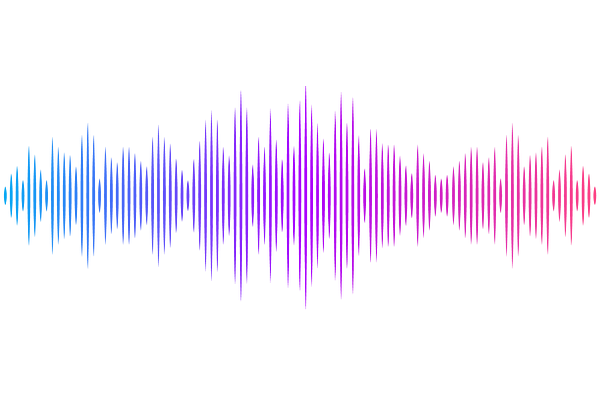On the quantum computational complexity of classical linear dynamics with geometrically local interactions: Dequantization and universality

On the quantum computational complexity of classical linear dynamics with geometrically local interactions: Dequantization and universality
Kazuki Sakamoto, Keisuke Fujii
AbstractThe simulation of large-scale classical systems in exponentially small space on quantum computers has gained attention. The prior work demonstrated that a quantum algorithm offers an exponential speedup over any classical algorithm in simulating classical dynamics with long-range interactions. However, many real-world classical systems, such as those arising from partial differential equations, exhibit only local interactions. The question remains whether quantum algorithms can still provide exponential speedup under this condition. In this work, we thoroughly characterize the computational complexity of quantum algorithms for simulating such geometrically local systems. First, we dequantize the quantum algorithm for simulating short-time (polynomial-time) dynamics of such systems. This implies that the problem of simulating this dynamics does not yield any exponential quantum advantage. Second, we show that quantum algorithms for short-time dynamics have the same computational complexity as polynomial-time probabilistic classical computation. Third, we show that the computational complexity of quantum algorithms for long-time (exponential-time) dynamics is captured by exponential-time and polynomial-space quantum computation. This suggests a super-polynomial time advantage when restricting the computation to polynomial-space, or an exponential space advantage otherwise. This work offers new insights into the complexity of classical dynamics governed by partial differential equations, providing a pathway for achieving quantum advantage in practical problems.